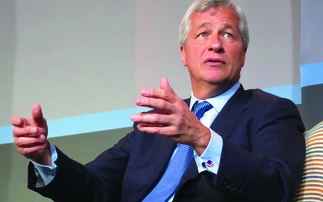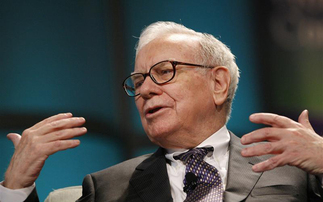The European Central Bank will consider quantitative easing among other measures to avoid a long period of low inflation, its president has confirmed.
Speaking on Thursday after the bank left interest rates at 0.25%, Mario Draghi said the governing council has a unanimous commitment to using unconventional as well as traditional monetary instruments.
He told reporters: "All instruments that fall within the mandate, including QE, are intended to be part of this statement. During the discussion we had today, there was indeed a discussion of QE. It was not neglected."
But the ECB failed to respond to calls from the International Monetary Fund and other bodies for immediate action.
Inflation fell to 0.5% in March, the lowest since the 2009 financial crisis and below Draghi's own "danger zone".
However, while the ECB has signalled monetary instruments are on the table to tackle potential deflation, the bank has refrained from taking further measures.












